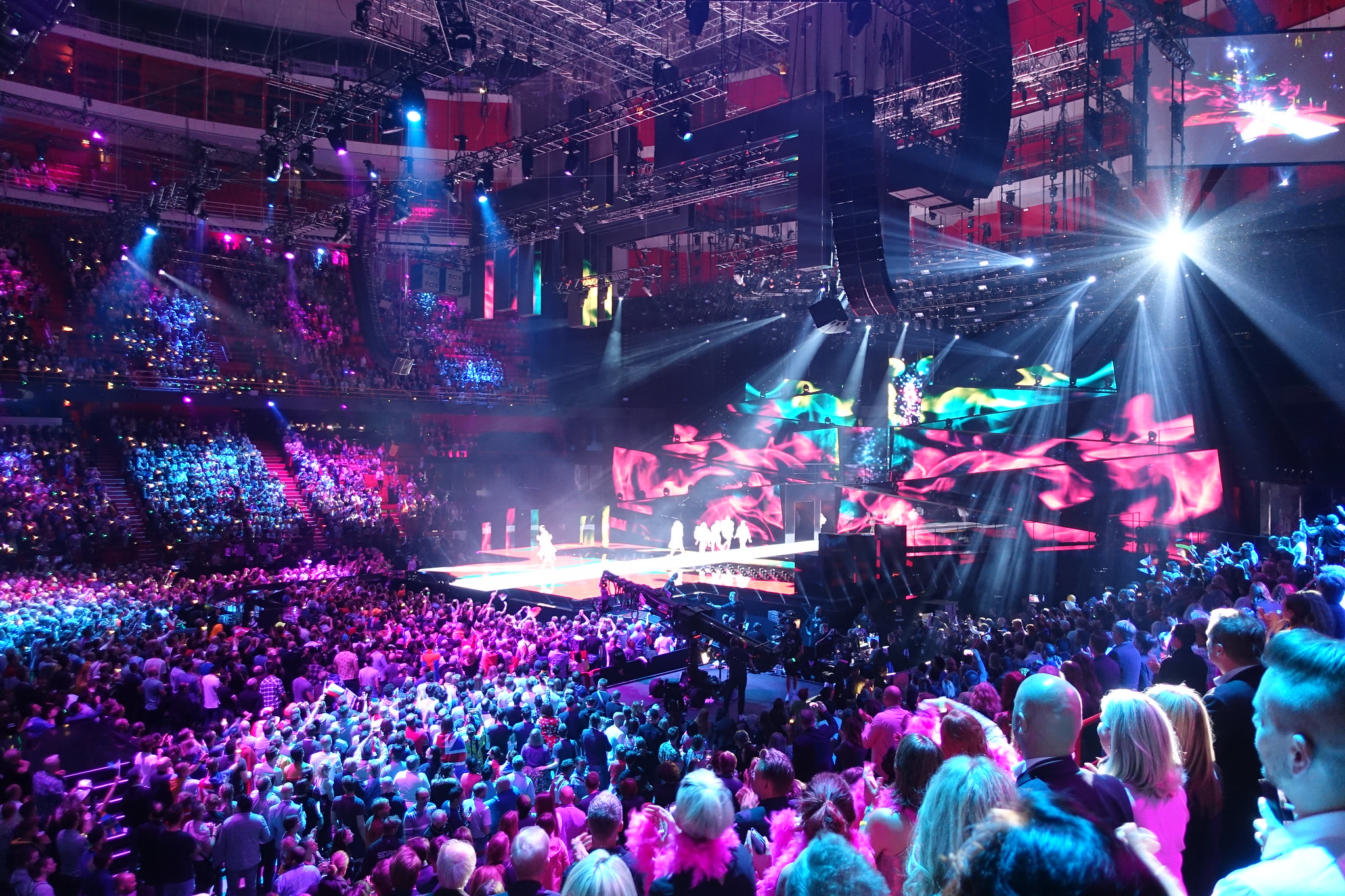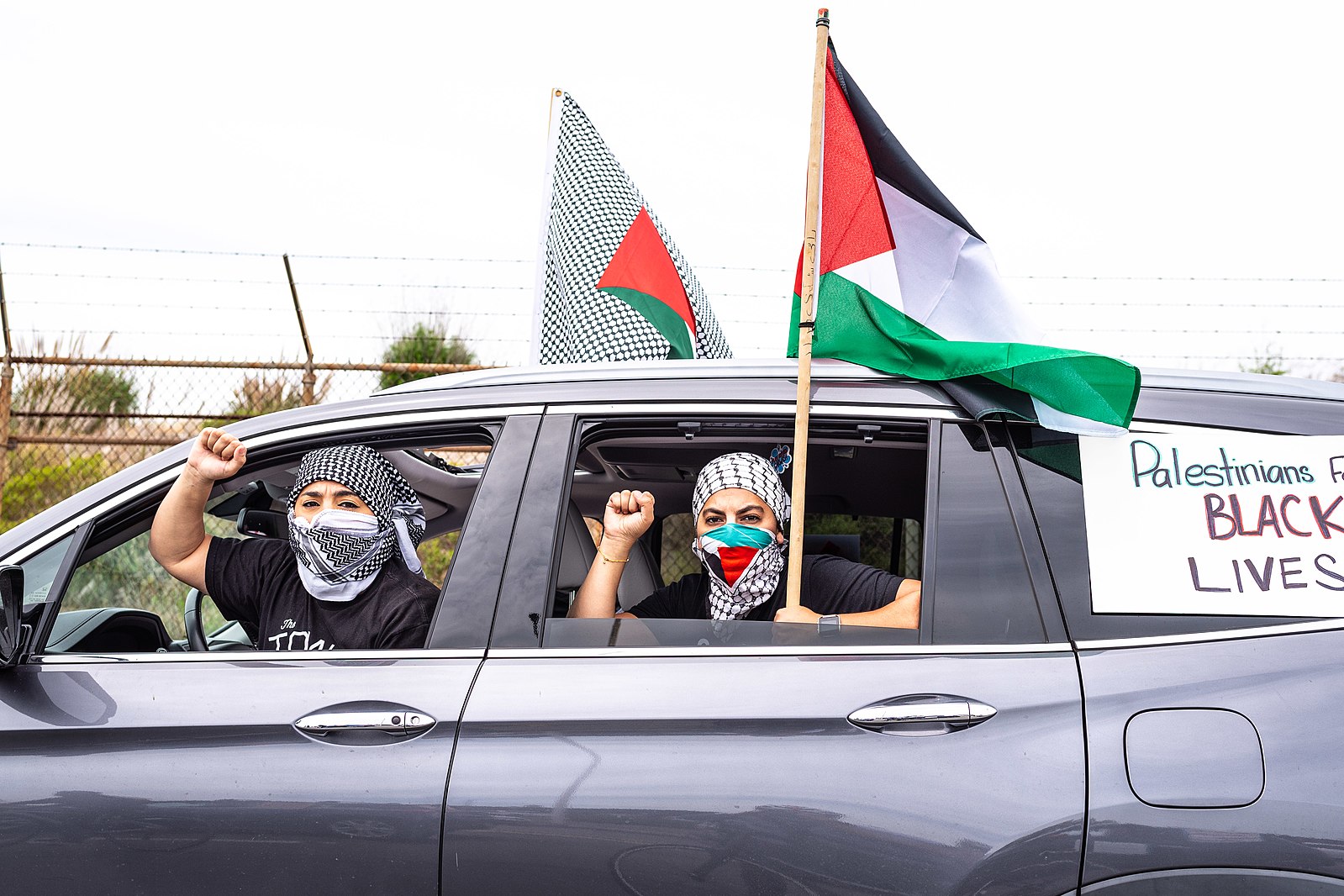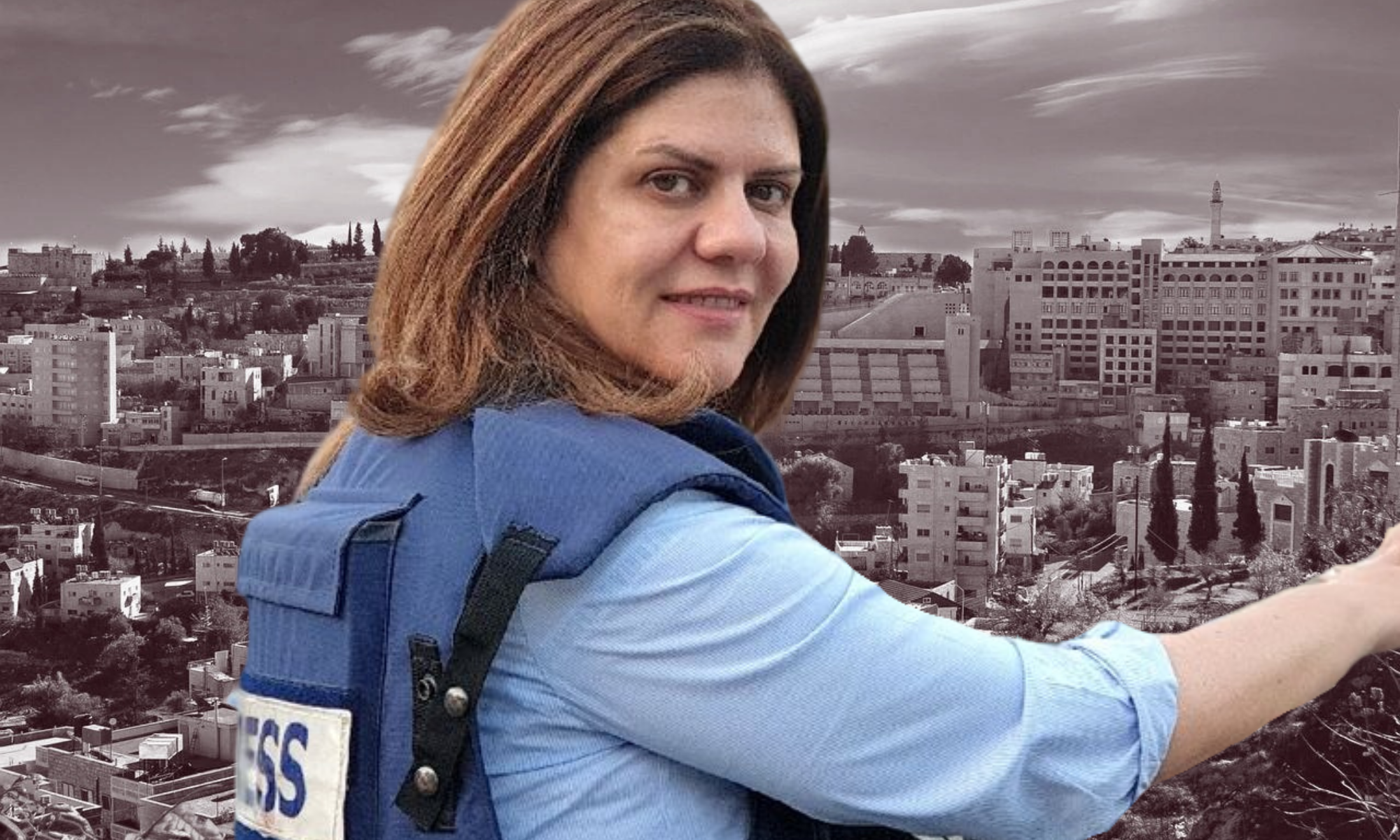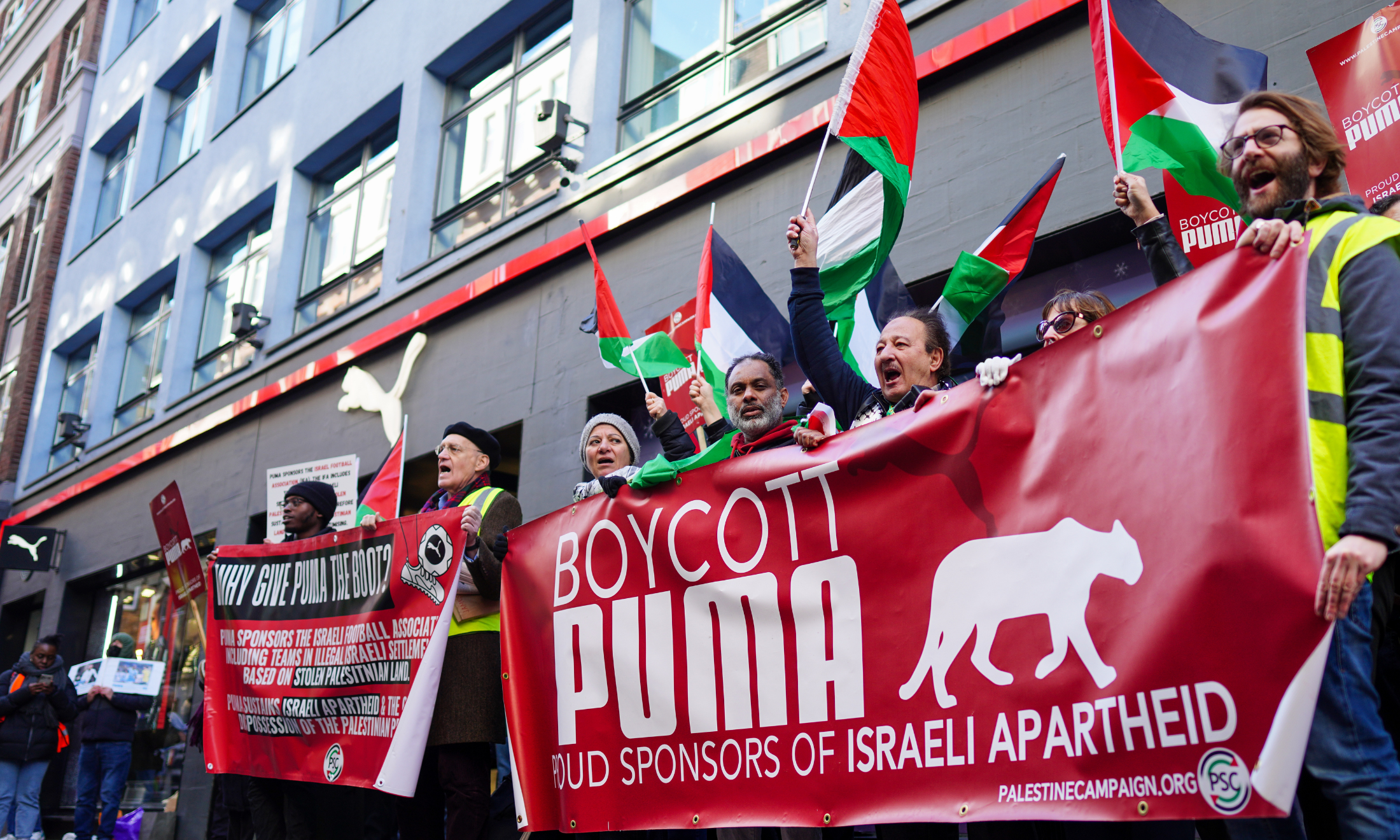
Image via flickr/David Jones
I’ve always thought of Eurovision as light entertainment; an event that marks the almost-summer-time. This year, however, I can’t help but have strong feelings about the annual song contest – because it’s being held in Tel Aviv, Israel. I find it gut-wrenching, on a personal level, that on 18 May Eurovision viewers and attendees will be in the throes of celebration just a few tens of kilometres away from the Gaza Strip, where my family members have been besieged and brutalised for over a decade. Because of this, like many other people, I will be boycotting the song contest this year.
Eurovision 2019 is an exercise in “artwashing” apartheid; a term which in this case describes the use of the arts as propaganda to whitewash or justify Israel’s regime of occupation, settler-colonialism and apartheid over the Palestinian people. Artwashing enables the Israeli state to cover up its crimes against Palestinians, and to present itself as a fun, laid back, and tolerant holiday destination.
There is overwhelming evidence that the Israeli government’s treatment of Palestinian people meets the UN definition of apartheid: “inhumane acts […] committed in the context of an institutionalised regime of systematic oppression and domination by one racial group over any other racial group”. In effect, Israel and the Occupied Palestinian Territories constitute one territorial unit, under full Israeli control. Under Israeli law and in practice, Israelis and Palestinians are treated differently in almost every aspect of life including freedom of movement, the right to family life, housing, education, and employment. Dozens of Israeli laws and policies institutionalise this prevailing system of racial discrimination and domination. Segregation is carried out by implementing separate legal regimes for Israelis and Palestinians living in the same area.
“In 2018, just two days after its Eurovision win, Israeli forces massacred 62 Palestinians in Gaza, including six children”
Supporters of the boycott of Eurovision point to Israel’s shameless use of the show as part of its official Brand Israel strategy, which presents Israel’s “prettier” face to potential tourists in order to distract from its war crimes. For example, in 2018, just two days after its Eurovision win, Israeli forces massacred 62 Palestinians in Gaza, including six children. Over the first weekend of May 2019, in the two weeks leading up to Eurovision, Israel launched a bombing campaign on Gaza, killing at least 25 Palestinians.
Neil Rogall, an activist with London Palestine Action, pointed to the oppressive nature of Israeli state when discussing his reasons for joining the campaign to boycott the competition. “Holding Eurovision in Israel is all about normalising the apartheid state”, he explains. “Participants are giving comfort to a state that is continuously attacking and murdering Palestinians and depriving them of their human rights – by bombing, by incarceration, by beatings, by evictions.”
Palestinians have been resisting oppression from the state of Israel for over 70 years, and supporters of our struggle globally have shown solidarity through engaging with the Boycott, Divestment & Sanctions (BDS) movement. BDS is a Palestinian-led movement for freedom, justice and equality – aims that are not so different from the Eurovision’s stated core values of inclusion, diversity and unity.
“The state of Israel is occupying and colonising Palestinian land, discriminating against Palestinians and denying refugees the right to return to their homes”
BDS upholds the simple principle that Palestinians are entitled to the same rights as everyone else. The state of Israel is occupying and colonising Palestinian land, discriminating against Palestinian citizens of Israel and denying Palestinian refugees the right to return to their homes. Inspired by the South African anti-apartheid movement, the BDS call urges action to pressure Israel to comply with international law.
Just as South African activists called on international artists, writers and cultural institutions to culturally boycott South Africa during apartheid, Palestinian civil society is urging international cultural workers and organisations, including unions (such as the European Broadcasting Union which sponsors Eurovision) to boycott and work towards the cancellation of events and projects involving Israel and its lobby groups. International venues and festivals are being asked to reject funding and any form of sponsorship from the Israeli government.
Thousands of artists across the world now refuse to perform in Israel, including a host of global superstars such as Roger Waters from Pink Floyd, Lauryn Hill, Boots Riley and Chuck D. By allowing the competition to take place in Israel, Eurovision is not just breaking the cultural boycott; it’s also swimming against the tide in the music industry.
“The boycott movement is now a vibrant global network made up of unions, academic associations, churches and grassroots organisers across the world”
Since its launch in 2005, BDS has effectively challenged international support for Israeli apartheid and settler-colonialism. Just a few days ago, pressure from the BDS campaign led to an LGBTQ+ organisation in Barcelona cancelling it’s Eurovision party in solidarity with Palestinians. The movement has also scored victories against major companies complicit in Israel’s oppression of Palestinians; in December 2018, international bank HSBC announced its full divestment from Elbit, an Israeli arms company. Through the continuous, relentless work of Palestinians around the world, BDS is now a vibrant global movement made up of unions, academic associations, churches and grassroots movements across the world.
On Saturday, for many people who will be switching off and steering clear of Eurovision parties, respecting the BDS call is a key reason for their decision. Andrea D’Cruz, a librarian from London who decided not to tune in this year, said “Eurovision is a massive opportunity [for Israel] to ‘culturewash’ its violence against Palestinians”. Visual artist Protest Stencil echoes this sentiment, saying: “during Israel’s latest attacks on Gaza, we made a poster that read ‘Israel’s killing children again. Enjoy your weekend.’ It could just as easily have ended ‘Enjoy Eurovision’. How is boycotting Eurovision even up for debate?”. For many Eurovision fans, the violence in Gaza and the rest of Palestine cannot simply be overlooked for the sake of a musical talent show.
Israeli media has reported that hotels are lowering their room prices, and airlines are reporting that there hasn’t been the expected spike in sales of flights to Israel ahead of the song contest. It’s clear that many people have opted to stay away from Eurovision this year: it seems that Israel has not quite succeeded in its attempts to normalise the status quo. Instead of Eurovision becoming a means to divert attention from the Palestinian struggle for survival, the show has instead shed a light on conflict and abuses in the region. The solidarity of the international community continues to be an important part of the fight against oppression; forgoing a kitschy talent show is a small price to pay for the continued pursuit of justice.









